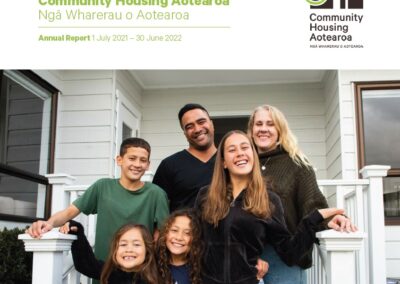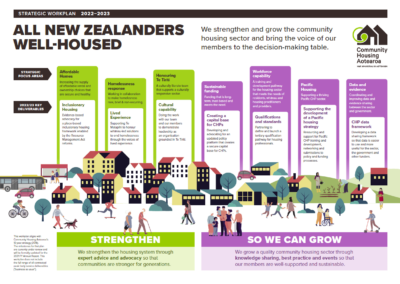
Auckland Council’s Director of Regulatory Services, Penny Pirrit said: “From our initial assessment, it’s clear that the Panel has endorsed and retained much of what was included in the council’s proposed Unitary Plan, along with many aspects of the evidence presented by the council and other submitters at hearings.
“Overall, the Panel recommends that growth within Auckland’s urban areas be focused around town centres, transport hubs and corridors, along with an expansion of the Rural Urban Boundary to open up more new land for development as the city grows.”
Among the many issues covered, the Panel’s report includes recommendations that the Panel says aim to:
- Focus urban growth on centres, transport nodes and corridors to achieve a quality compact urban form.
- Retain the Rural Urban Boundary but expand it to include 30 per cent more land and enable it to be changed by private plan changes.
- Enable a development pattern to meet demand for the next 30 years and double the feasible enabled residential capacity to exceed 400,000 dwellings.
- Ensure sufficient capacity for the next seven years.
- Enable the growth and development of new or existing rural towns and villages.
- Provide live residential and business zonings for some developments on the edge of existing urban areas.
The full set of recommendation reports and the Panel’s recommended version of the Unitary Plan is available to view at: 
You can see a report from the NZ Herald here.
Here is Community Housing Aotearoa’s press release on the recommendations.
final auckland unitary plan press release.pdf where CHA Chief Executive Scott Figenshow says:
“The density provided by the plan is great but it doesn’t guarantee affordability. We need inclusionary zoning and retained affordable housing provisions to ensure that a portion of the homes meet the needs of our low and moderate income families. Inclusionary zoning ensures that all new larger developments must include affordable housing options. Increasing density does not guarantee that by itself.”
Contained in the Plan is the following on affordable housing:
6.2.5. Recommended Unitary Plan enables more affordable housing
The Panel has considered carefully the issue of housing affordability and how the Plan can best contribute to improving affordability of housing in the Auckland region. The Panel considers the Unitary Plan is best able to promote affordable housing by ensuring there is
adequate feasible enabled residential capacity relative to demand, there is a range of housing types enabled in many locations, the Plan supports the centres and corridors strategy, and that the Plan does not impose undue implementation costs.
This approach to housing affordability locates this issue at the heart of the design of the Unitary Plan, and correctly so, as housing affordability is fundamental to the well-being of people and communities of the Auckland region. It is important that the Plan enables affordable housing and does not present obstacles to achieving affordable housing in the region. The Panel also notes the Plan on its own is not able to deliver affordable housing.
The panel commented:
“The Panel was persuaded by the submissions of the Ministry for Business, Innovation and Employment and Housing New Zealand Corporation, among others, that the affordable housing provisions as proposed by the Council would likely reduce the efficiency of the housing market due to effectively being a tax on the supply of dwellings and be redistributional in their effect. The Panel is of the view that the imposition of land use controls under theResource Management Act 1991 is not an appropriate method for such redistributional assessments and policies.”
They go on to say:
“The most appropriate way for the Plan to address housing affordability in the region is by enabling a significant increase in residential development capacity and a greater range of housing sizes and types. While these measures are unlikely to resolve the issue of housing affordability in isolation, they are the primary way the Plan can contribute to address this issue.”
Here’s the Radio New Zealand analysis on the plan from Todd Niall.
Here is the press release from Lifewise Trust and Airedale Property Trust.
And here’s further comment from journalist Pattrick Smellie.
Here’s more media on the affordability issue from RNZ on 1 August. Modelling research suggests that of the 247,000 new homes planned within Auckland’s existing urban area, only 15 percent would cost less than $800,000 and less than 2 percent would be priced under $600,000.


